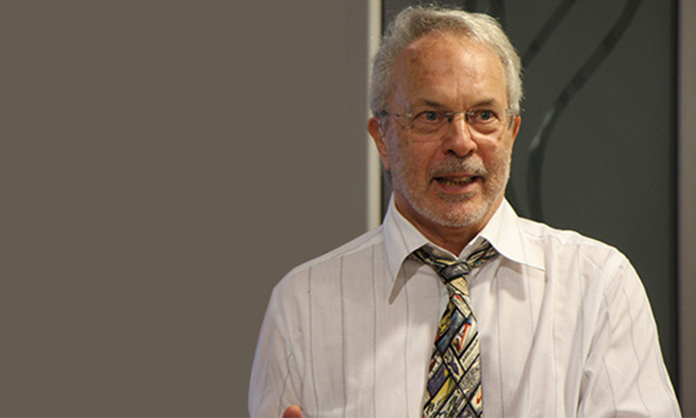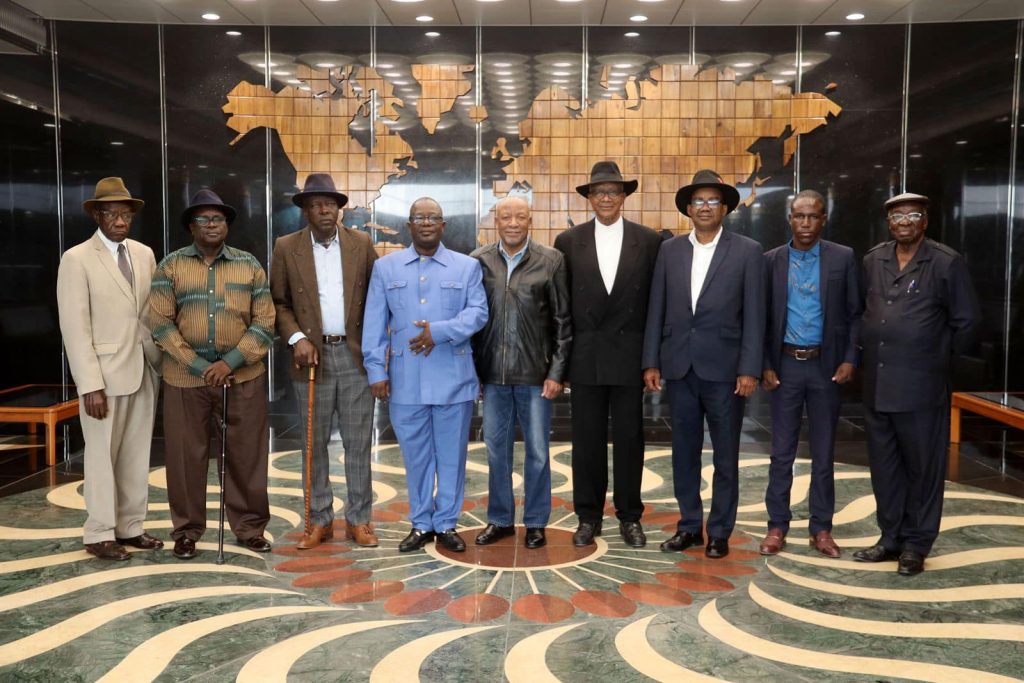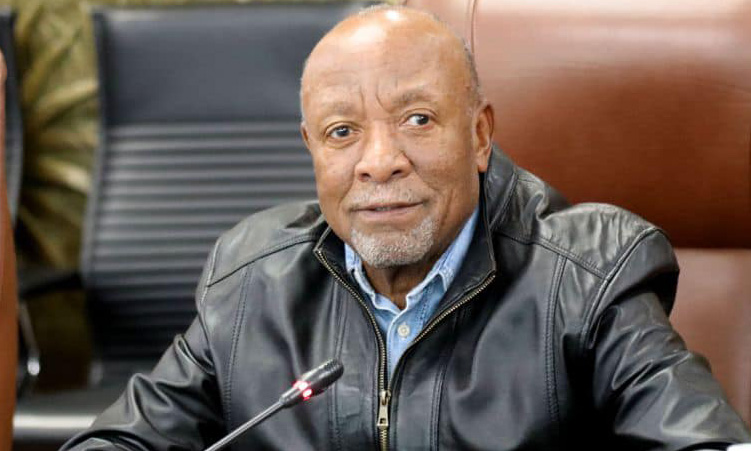President Nangolo Mbumba’s recent meetings with traditional leaders have been described as a move by the Swapo government to reinforce its political tentacles in rural communities.
Mbumba has been travelling throughout the country to acquaint himself with traditional authorities, starting with a gathering of eight northern traditional authorities at Oshakati, followed by meetings with southern traditional authorities, and most recently engaging with leaders from all five traditional authorities in the Kavango East and West regions.
Political analyst Rui Tyitende says the president seems to understand the usefulness of traditional authorities as they are part of Swapo and the government’s strategy for reinforcing its political tentacles in rural communities.
He says the issues raised by the traditional authorities are of significance to their communities, but not necessarily of strategic value to the government.
“At times, certain traditional authorities and their leaders act as electoral agents for the governing party as their legal recognition is the exclusive mandate of the government,” Tyitende says.
As such, he says the position of traditional leadership remains a considerable source of patronage as vehicles and monthly allowances are only distributed to recognised traditional authorities.
“The interests of traditional authorities, such as the genocide issue, may clash with the interests of the government, but common ground, even if it goes against the wishes of rural communities, needs to be established on account of this asymmetrical and reinforcing nature of the relationship,” he says.

Political commentator Henning Melber says Mbumba’s engagement with traditional leaders appears to serve multiple purposes, driven by the specific regional dynamics at play.
He says specifically discussions with Ovaherero, Nama and Damara communities aim to explore the potential for reviving German-Namibian genocide negotiations.
Melber says despite Mbumba’s previous attempts in late 2022, facilitated through his government coordinator role, success remains elusive due to the lack of direct agency and representation of Ovaherero and Nama leaders.
He says while Mbumba shows reluctance to abandon previous negotiation outcomes, the unresolved nature of the issue persists.
“His renewed efforts seem unsuitable to canvass support from the communities. But this is the second agenda item motivating his visits also and, more importantly, in other regions with a higher number of residents and therefore potential voters.”
Melber says various political leaders have started their campaigns in the regions and Mbumba follows suit.
“After all, this is an election year and the campaigns have started,” he says.
He says seeking approval from traditional leaders goes hand in hand with promises and attempts of cooperation.
“What may be much more difficult in the central, southern and eastern regions, is achievable in the north, and the voters there are a significant factor.

“Let’s be honest: Mbumba is on a campaign trail to garner support for his party and its presidential candidate, and one should not blame him for doing so,” Melber says.
The Office of the President says Mbumba’s meetings are aimed at addressing key issues affecting the communities in the two regions.
According to the Presidency, traditional authorities are the foundation of Namibian heritage and unity, connecting the people through shared blood and history to the land they call home.
“The president acknowledged the vital role that traditional leaders play in preserving cultural traditions and fostering a sense of community among their people.
“President Mbumba expressed his commitment to listening to the voices of the traditional leaders and seeking their advice on matters of governance and community development,” the Presidency says.
Stay informed with The Namibian – your source for credible journalism. Get in-depth reporting and opinions for
only N$85 a month. Invest in journalism, invest in democracy –
Subscribe Now!






